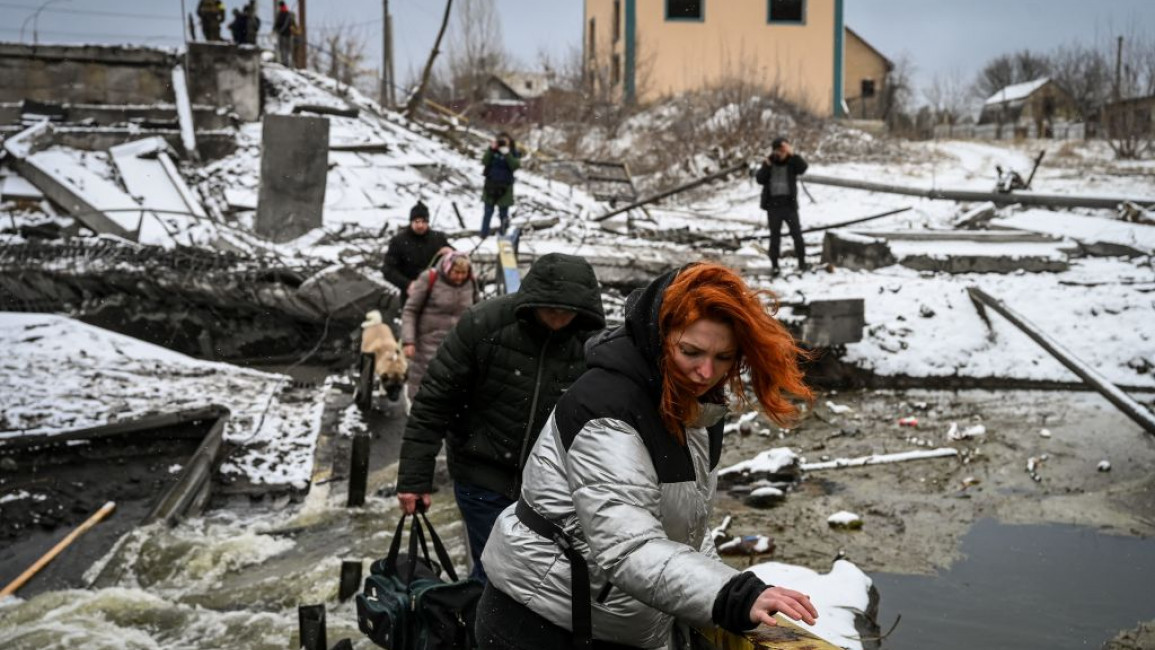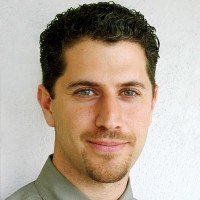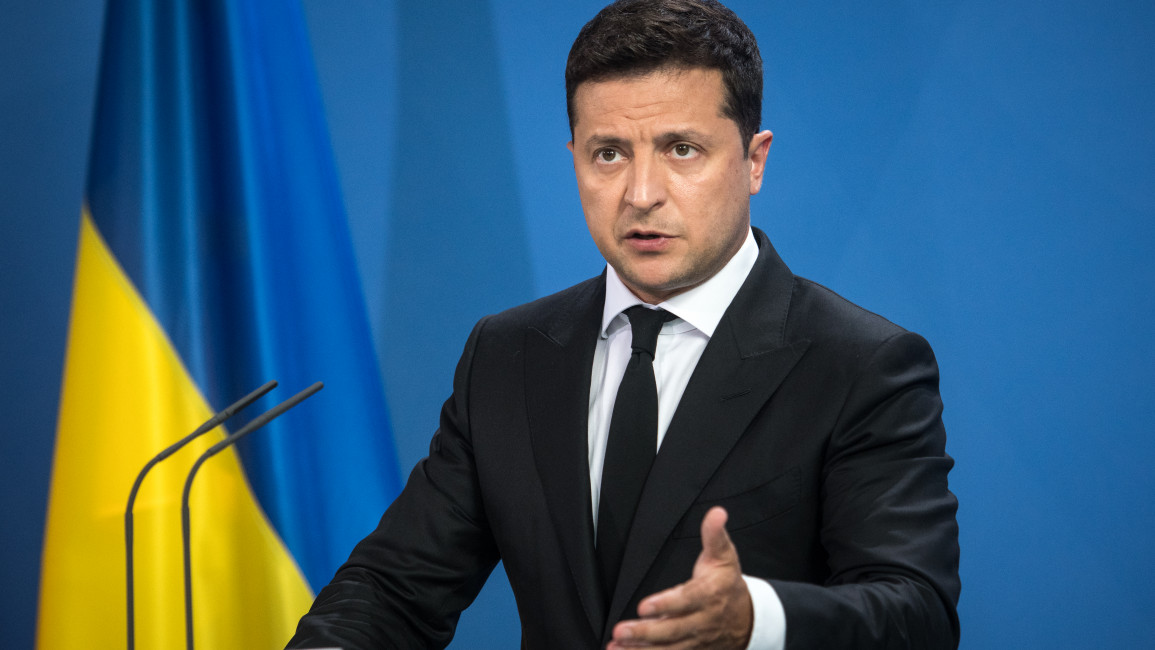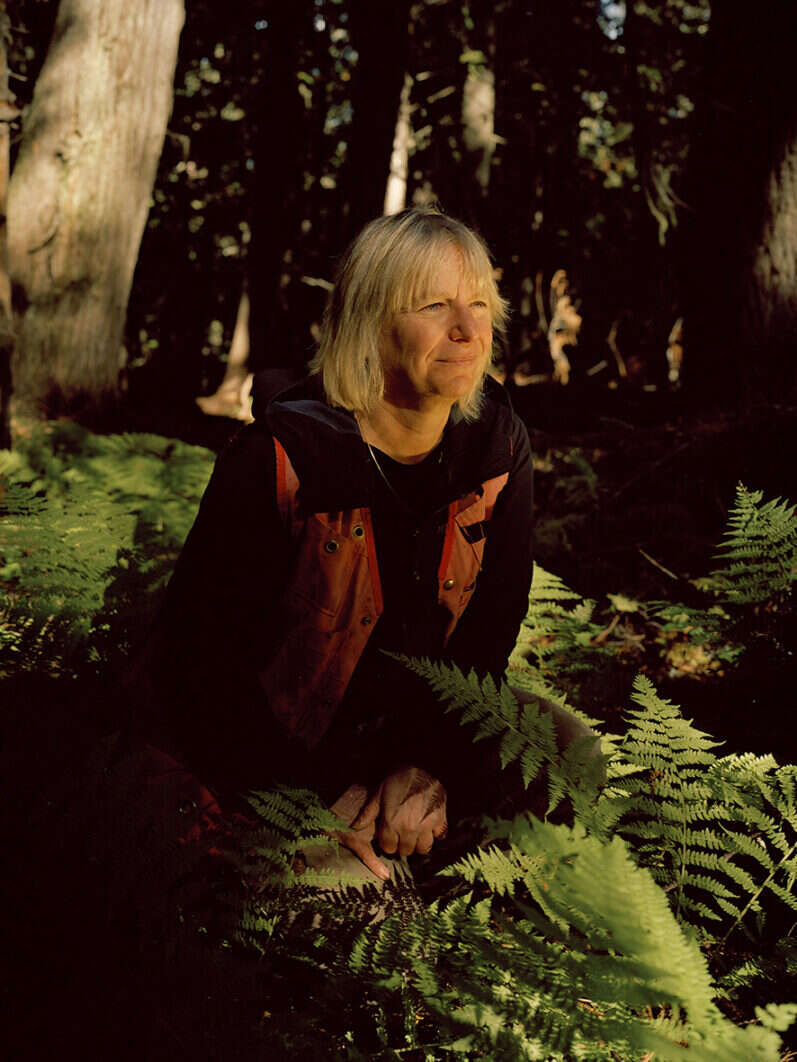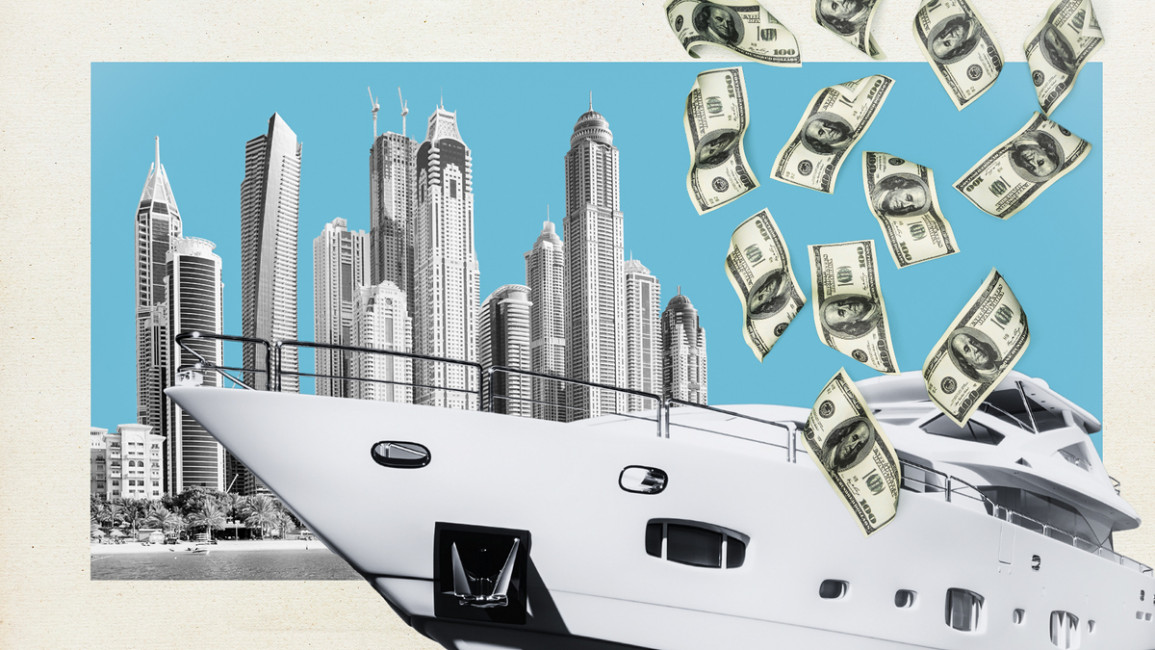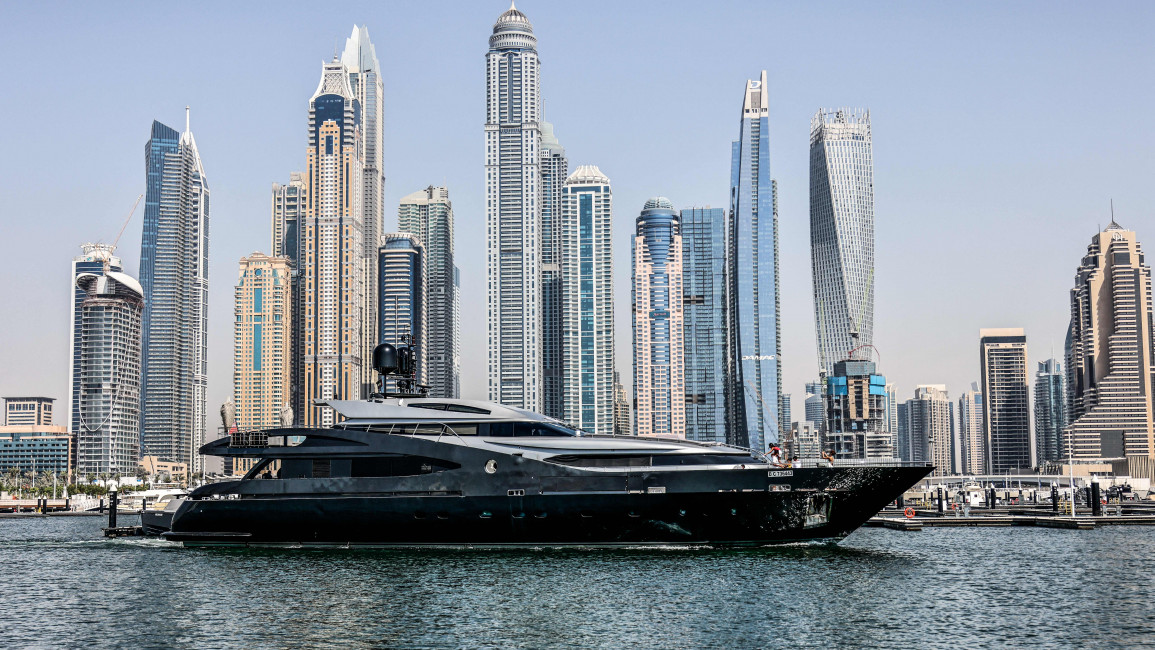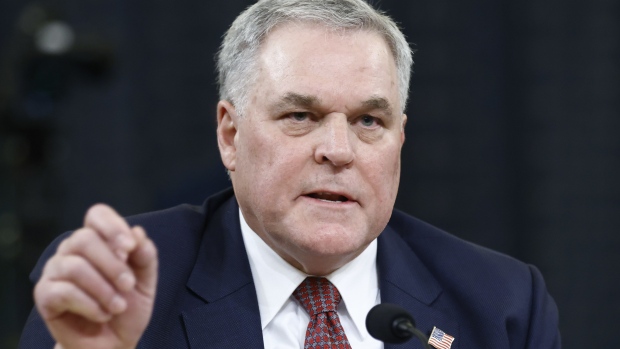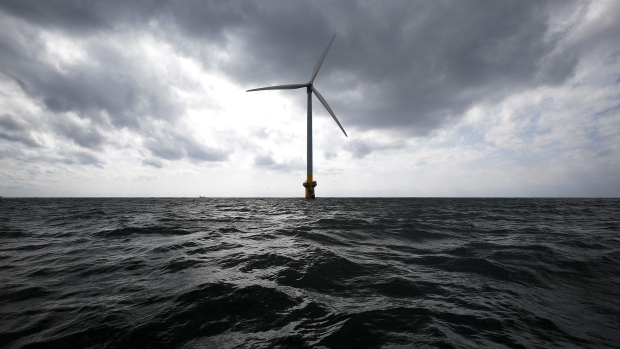(Bloomberg) -- Agreements to expand global access to Pfizer Inc.’s highly effective Covid-19 therapy will be announced shortly, yet parts of the world may wait a year for the drug due to production and regulatory hurdles.
The United Nations-backed Medicines Patent Pool plans to name the generic drugmakers that are going to be making the pills next week, four months after reaching a licensing accord with Pfizer. The drug companies may be ready to supply the first Paxlovid pills by December, according to the Geneva-based group. Larger quantities may only reach the market in May 2023, analytics firm Airfinity Ltd. estimates.
Demand for the antiviral treatment is expected to outpace supply after it slashed the risk of hospitalization or death by almost 90% in clinical trials. So far, a group of mostly richer countries have secured about a quarter of Pfizer’s initial supplies. That’s increasing pressure on the pharma giant and others to accelerate the rollout in lower-income nations that have also struggled to obtain vaccines.
“It’s a potential game-changer, but not if we accept a two-tier system,” said Rachel Cohen, North American regional executive director of the Drugs for Neglected Diseases Initiative, a nonprofit. “We cannot accept these obstacles as static. It has to be an issue around which people mobilize.”
Two years into the pandemic, Pfizer’s drug has emerged as a crucial tool to combat Covid. Even as cases drop and restrictions are lifted in some countries, health officials are pushing to expand access to Paxlovid and other drugs to counter the risk of future variants and battle a disease that’s still causing tens of thousands of deaths a week.
Pfizer is “focusing our efforts and resources in a way that maximizes our overall supply,” according to Kit Longley, a spokesperson. The company has reached out to more than 100 countries, including low-income nations, and is collaborating with the World Health Organization to share information about its treatment, pricing and supplies, Longley said in an email.
Paxlovid consists of two pills. One, nirmatrelvir, is a new drug designed to block the action of a key enzyme that the virus uses to make copies of itself. The other, HIV medication ritonavir, helps slow the breakdown of the first drug, enabling it to remain active for longer and at higher concentrations.
Potent Tool
Pfizer’s treatment appears to be a more potent virus-fighting tool than Merck & Co.’s molnupiravir, which comes with safety risks for certain patients and was just 30% effective against hospitalization and death from Covid. Guidelines from the U.S. National Institutes of Health specify Merck’s drug should be used only when Paxlovid and other outpatient medications can’t be given. Pfizer has also pointed to data suggesting its treatment works against multiple variants.
But it’s expected to be tougher for manufacturers to make their own versions of Pfizer’s pill when compared with Merck’s.
“It looks like it’s going to take considerably longer than for molnupiravir and other drugs,” said Peter Sands, executive director of the Global Fund, which is helping to coordinate the distribution of Covid therapies and is in talks with Pfizer.
Public information about nirmatrelvir, the new drug in Pfizer’s combination therapy, has been relatively limited, and manufacturers have had to wait for licenses and Pfizer’s original product to become available, according to the patent pool.
There are unavoidable hurdles and complexities that take time to clear, including regulatory approvals and demonstrating the drug can maintain its properties over time, said Charles Gore, the Medicines Patent Pool’s executive director.
Unfair Expectations
“It’s not fair to have expectations that these things can be done overnight,” he said. “They just can’t.”
Merck, meanwhile, signed initial agreements with Indian generic-drug companies almost a year ago before a broader accord in October, and generic companies have more familiarity with the therapy, experts say. Developed by scientists at Emory University and Merck’s partner Ridgeback Biotherapeutics LP, the drug had been previously tested against viruses including influenza.
Another potential challenge in making Paxlovid is getting access to raw materials, said Andrew Hill, a senior fellow at the University of Liverpool in England. The production process requires the mass acquisition of 38 different ingredients and reagents sourced from suppliers around the globe, according to Airfinity. While there aren’t any shortages known today, the amounts needed to create Paxlovid could lead to future bottlenecks, it said.
Despite the promise of Pfizer’s drug, Hill added, some manufacturers also will be uncertain about demand and recovering their costs given the uncertainties about the trajectory of Covid.
Pfizer has taken steps to broaden availability of its drug. In addition to signing a licensing pact and promising it won’t receive royalties from sales in low-income countries, the company said that during the pandemic it will use a tiered-pricing system in which richer countries pay more. The company has also reached an initial agreement to supply Africa, African officials said.
Pfizer has raised its 2022 production estimate for Paxlovid to 120 million courses and plans to deliver 20 million to the U.S. this year. The U.K. purchased about 2.75 million and another 10 million could go to lower-income nations, according to Airfinity.
Still, health advocates are calling on the company to allocate more courses to the developing world and make Paxlovid available to researchers evaluating its use in combination with other Covid therapies. Covid testing capacity, they say, may be insufficient in many countries, which could also present a problem given Paxlovid should be taken no more than five days after symptoms begin.
©2022 Bloomberg L.P.

